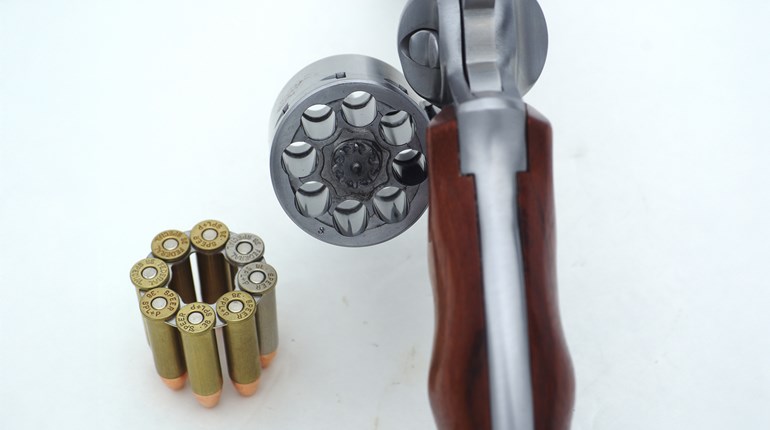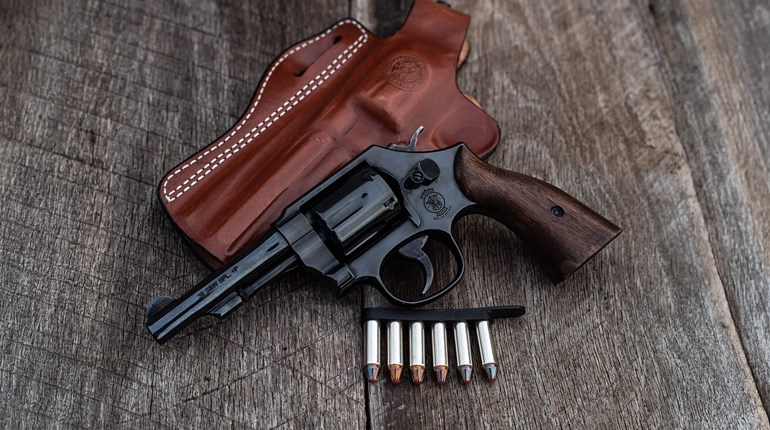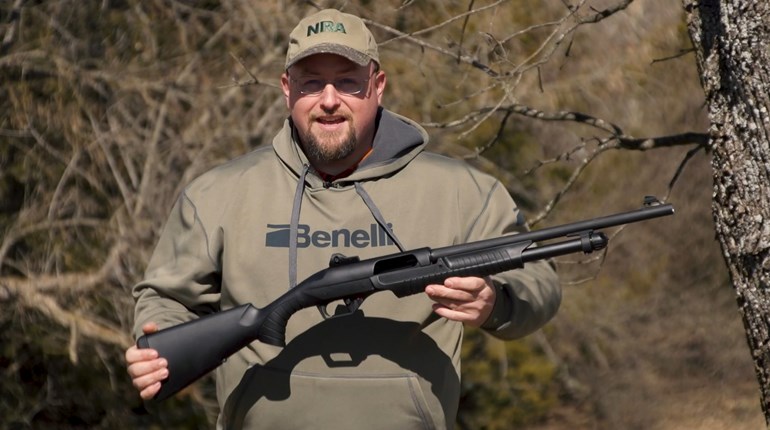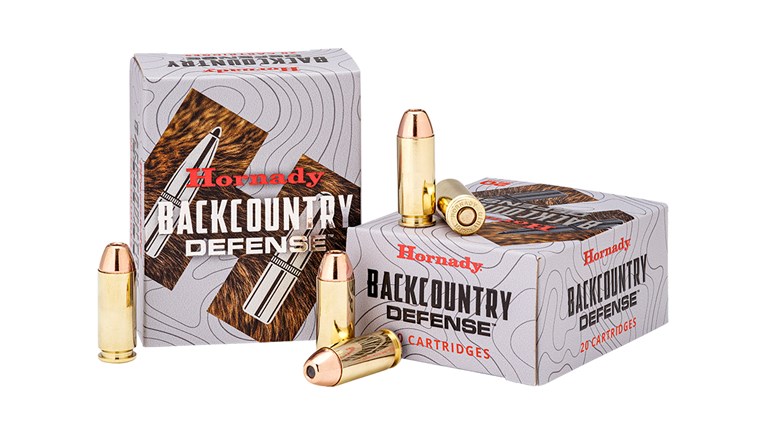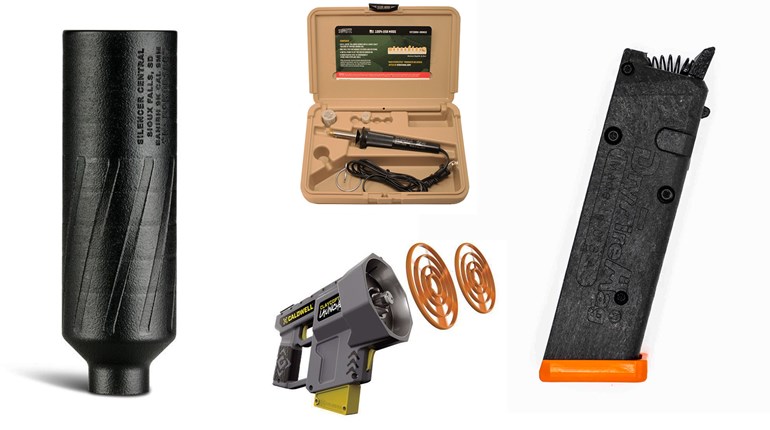
Far from being antiques, modern single-action revolvers are extremely popular among today's handgunners. In this day of higher-capacity semi-autos and double-action revolvers, it's difficult for some to consider the single action as a viable choice for personal defense.
But, single-action revolvers were originally designed as fighting guns and they did an excellent job of taking care of defensive chores for many, many years.
Today, the modern semi-automatic pistol and double-action sixgun have the old single action beat in capacity and speed of reloading. But, center hits stop dangerous attacks, not the amount of ammo your gun carries or how fast you can recharge it. Let's look at some of the shooters who favor the single action and examine some of the techniques that make the single action a viable choice.
A large number of hunters and outdoorsmen favor the single action because it is tough, sturdy and can be relied upon when you are on the backside of the Rockies and miles away from the closest gunsmith. In addition, many find the single-action sixgun the most comfortable handgun to shoot when fed a steady diet of heavy .44 Spl., .45 Colt, .41 Mag., .44 Mag. and .454 Casull loads. The single-action grip frame tends to roll in the shooter's hand and absorb a good deal of the heavy recoil these big-bore loads produce. This reduction in felt recoil minimizes the tendency to flinch and heavy handgun loads are mighty important when dealing with an angry bear.
Those who enjoy horseback adventures will find the single action is the best choice. Unlike in the movies, the average horse does not take kindly to loud noises such as gunfire. The immediate result is often an impromptu rodeo, requiring both hands—and a lot of luck—if you don't want to suddenly part company with your equine friend. If you've fired your defensive shot with a single action, you can use both hands to control your mount and be secure in the knowledge the gun won't go off unless it is cocked again.
Naturally, a person is going to do his best work with the handgun he shoots the most.
Outdoorsmen and trail riders are often concerned about a predatory animal attack while enjoying a day in the woods. Today, however, they are almost as likely to encounter some two-legged predators. When properly managed, the single-action revolver is perfectly capable of dealing with either kind of threat.
Another group to become huge champions of the single-action revolver is cowboy action shooters. I was recently told 300,000 shooters participate in some form of the sport. Many of these folks fire hundreds of rounds a week through their single actions. Naturally, a person is going to do his best work with the handgun he shoots the most. It makes sense they would consider the same single action as their personal-defense gun.
A few years ago, a group of us gathered at Gunsite Academy for a defensive single-action class sponsored by Ruger, XS Sights and SureFire. We examined shooting techniques designed to make the best use of single-action revolvers as a defensive tool.
Some years ago, the fast-draw craze gave single-action revolvers a bit of a bad name. This came about due to the tendency of the fast-draw boys to cock their handgun as it was drawn from the holster. If you were a bit faster on the trigger than you were on the draw, the gun could easily go off before it cleared the holster, which tends to send a heavy lead slug down in the vicinity of your feet. Using the Modern Technique of the Pistol, a better and safer method can be found.
The first step is to take a shooting grip on the holstered sixgun, with your trigger finger straight and out of the trigger guard. The second step is to draw the gun straight up and out of the holster. The third step is to rotate the handgun until the barrel is pointed toward the threat.
At this point, the support hand (which has been flat against your body) comes out to meet the gun and a two-hand hold is secured. Make sure your support hand is never in front of the muzzle. Shooting your support hand will certainly ruin your day and nearly always spoil your aim.
With the muzzle pointed down range—or at the threat—and a two-hand hold secured, the support thumb is used to cock the handgun. Throughout the draw stroke, the trigger finger is still straight, out of the trigger guard and along the gun's frame. It is only as the gun is thrust forward and the sights go onto the target that the trigger finger goes to the trigger. Throughout the shooting sequence, the strong hand maintains a secure grip on the sixgun and the support thumb is used to cock the hammer.
Finally, the defensive single action shares two traits with the defensive shotgun: It just doesn't hold very many cartridges and both are slow to reload.
The single-action revolver should be reloaded when there is a lull in the fight. Learn to flip open the loading gate, punch out the empties and top the gun off as quickly as possible.
If a single-action revolver is the handgun you shoot the most, you owe it to yourself to be as proficient with it as you possibly can. And, as with any defensive practice, it is important to work for smoothness, not speed. Speed results from smoothness.













